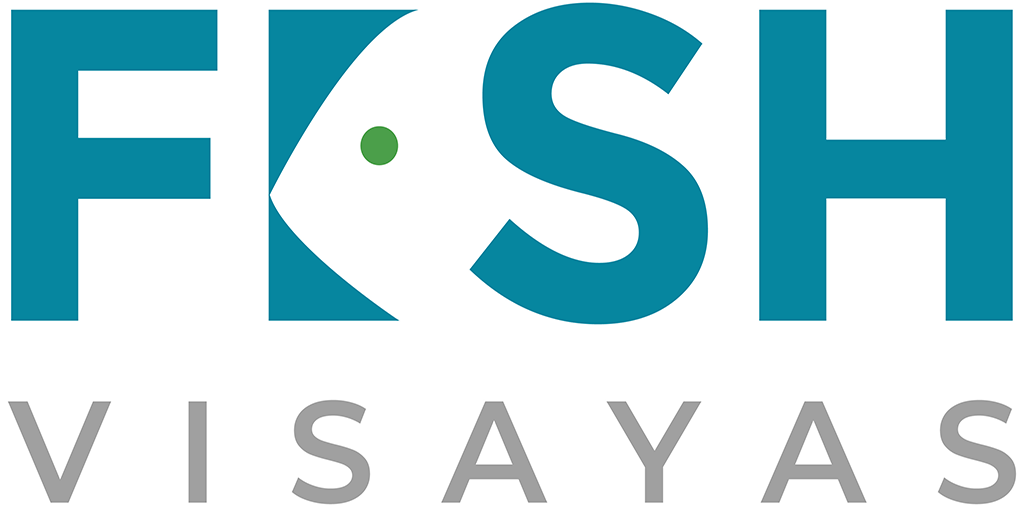BCCI held a workshop to conceptualize BCCI’s food safety training and services. It was joined by DOST, BFAR, ATI7, BIPC, BCCI Board of Trustees, Partner LGUs, and Partner Fisherfolks.
The workshop was held on July 19-20, 2021, at Mithi Resort and Restaurant, Dauis, Bohol. With a mission to reawaken the existing Food Safety Group composed of partner agencies, the event was conducted to plan the creation or re-creation of the Food Safety Group and specific service of the Bohol Chamber of Commerce and Industry related to Food Safety.
Bohol is one of the Philippines’ top tourist destinations with a beautiful coastline, amazing resorts, hotels, and restaurants. However, the pandemic hit the province, crippling the tourism industry, particularly the food and hospitality sector.
Now that tourism is slowly coming back, the safety of the tourists is of top priority. Aside from various health protocols, food safety is crucial to keep everyone safe from health hazards, especially COVID-19.
Food safety is a make-or-break problem for both companies and consumers. Consumers are worried about the sources of their food, and their overall trust in restaurants is deficient. On the other hand, the COVID-19 pandemic highlights the need for workplace cleanliness and food safety even more.
Enhancing food safety is a priority throughout the industry, from transportation to grocery stores to fast-casual, quick-service, and full-service restaurants. Food safety training and services can close some of the trust gaps, keep the customers safe from foodborne illness, improve supply chain efficiency and transparency, and protect the business’s bottom line.
Preserving consumer trust is critical for a hospitality business. Food safety issues can be disastrous, especially when guests are hyper-aware of cleanliness and germs. Sixty percent of guests, for instance, would not come back to an establishment where they or even someone had contracted a foodborne illness. Businesses with highly trained staff will help prevent such incidents.
While 37% of industry experts fully trust the companies to enforce food safety, 80% of consumers don’t agree. This indicates that customers may not be aware of many businesses’ commitment to food safety innovation. Customers want to see that the restaurant or hotel, whether it is basic or first class, is concerned about their health.
Consumers across industries are demanding greater transparency from the companies they do business with. In hospitality, food traceability and supply chain transparency are the main drivers of customer trust when shared with the end consumer. Modern customers want to understand where their food comes from, how it was handled, and how long it was in transit before it got into their plate, whether at hotels, restaurants or even at home.
Meanwhile, a timeline for activities was mapped out. Moreover, a timeline for activities was mapped out and the next steps were decided based on the outputs made in the workshop.
